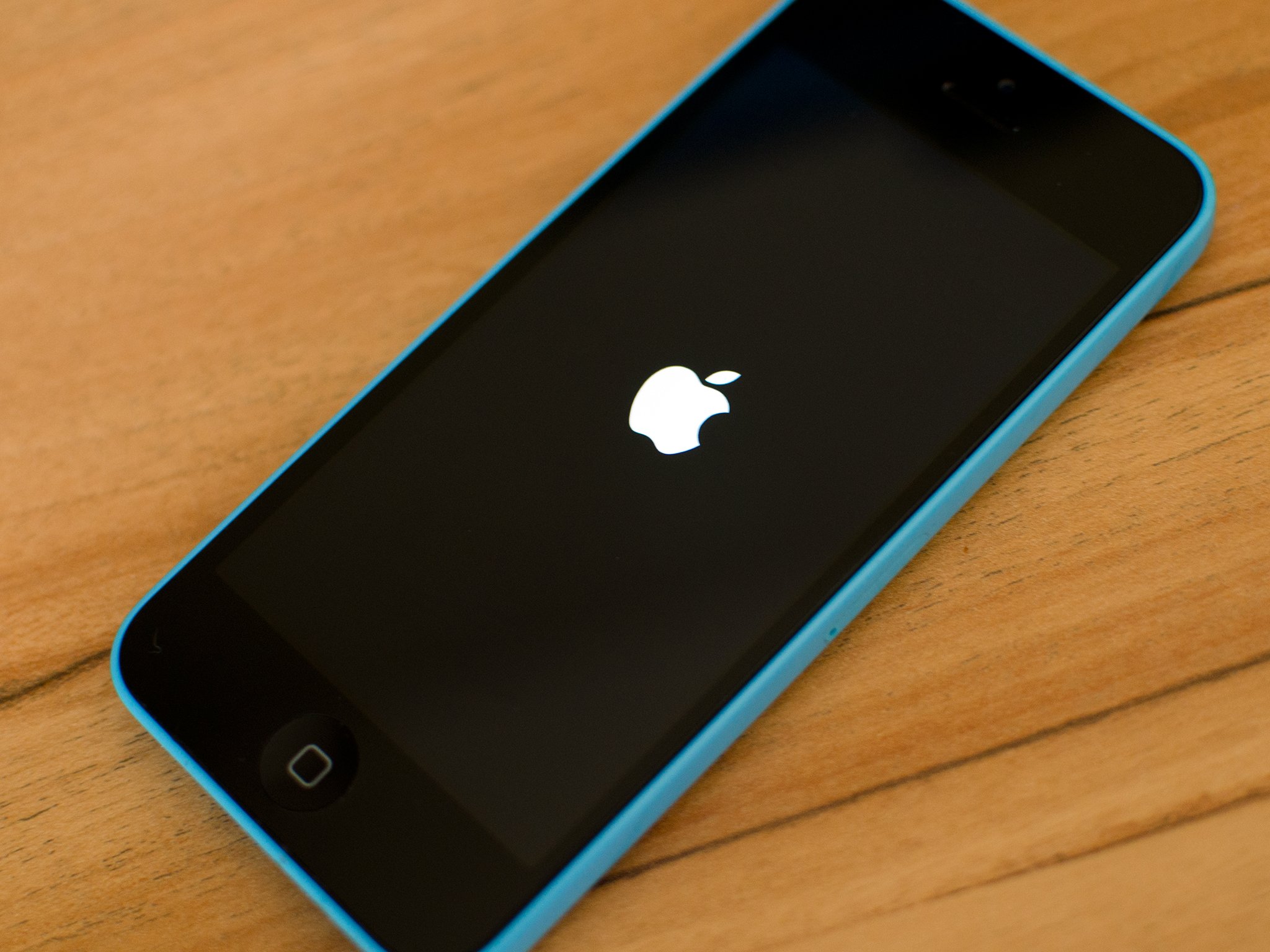Why Apple was right to resist government demands for a 'back door' in iOS

iMore offers spot-on advice and guidance from our team of experts, with decades of Apple device experience to lean on. Learn more with iMore!
You are now subscribed
Your newsletter sign-up was successful
The biggest story of last year was the FBI trying to force Apple to compromise iOS security by creating a "back door" into iPhone and iPad. Less than technically savvy people insisted that, if they and only they had the "key" there'd be no risk of hackers, criminals, or other, less-than-friendly governments getting it. Apple CEO, Tim Cook, and just about everyone else knew there'd be no stopping it.
Maya Kosoph, writing for Vanity Fair:
Now, it appears Cook may have been right to worry about the iPhone's security. A new report from Motherboard says Cellebrite has been hacked, and its data—including highly confidential customer information, databases, and technical details about Cellebrite's products—has been stolen.
Joseph Cox, writing for Motherboard, has the details:
The hackers have been hacked. Motherboard has obtained 900 GB of data related to Cellebrite, one of the most popular companies in the mobile phone hacking industry. The cache includes customer information, databases, and a vast amount of technical data regarding Cellebrite's products.The breach is the latest chapter in a growing trend of hackers taking matters into their own hands, and stealing information from companies that specialize in surveillance or hacking technologies.
It's not a question of whether or not a government "backdoor" would be similarly compromised. It's simply a question of how fast.
2016 is where we saw the right to digital privacy begin to play out on the legal stage. That's only going to continue in 2017. Nothing has been settled and no political party in any major region, regardless of its social or fiscal policy, has shown anything other than a desire to collect even more of our data, legally and otherwise.
Britain has just passed its Snooper Charter and the U.S. has just increased surveillance powers.
It's very likely the only people we'll be able to count on to protect our privacy going forward is us.
iMore offers spot-on advice and guidance from our team of experts, with decades of Apple device experience to lean on. Learn more with iMore!

Rene Ritchie is one of the most respected Apple analysts in the business, reaching a combined audience of over 40 million readers a month. His YouTube channel, Vector, has over 90 thousand subscribers and 14 million views and his podcasts, including Debug, have been downloaded over 20 million times. He also regularly co-hosts MacBreak Weekly for the TWiT network and co-hosted CES Live! and Talk Mobile. Based in Montreal, Rene is a former director of product marketing, web developer, and graphic designer. He's authored several books and appeared on numerous television and radio segments to discuss Apple and the technology industry. When not working, he likes to cook, grapple, and spend time with his friends and family.
